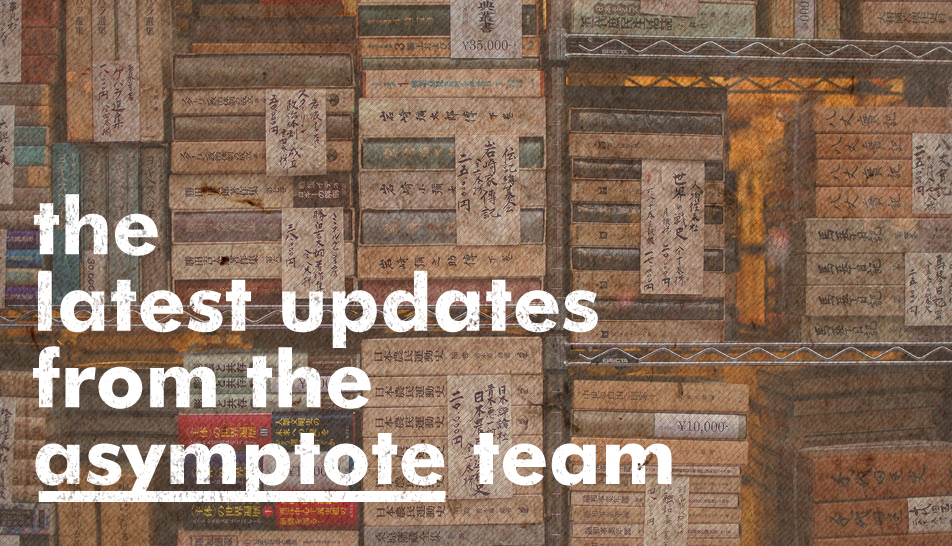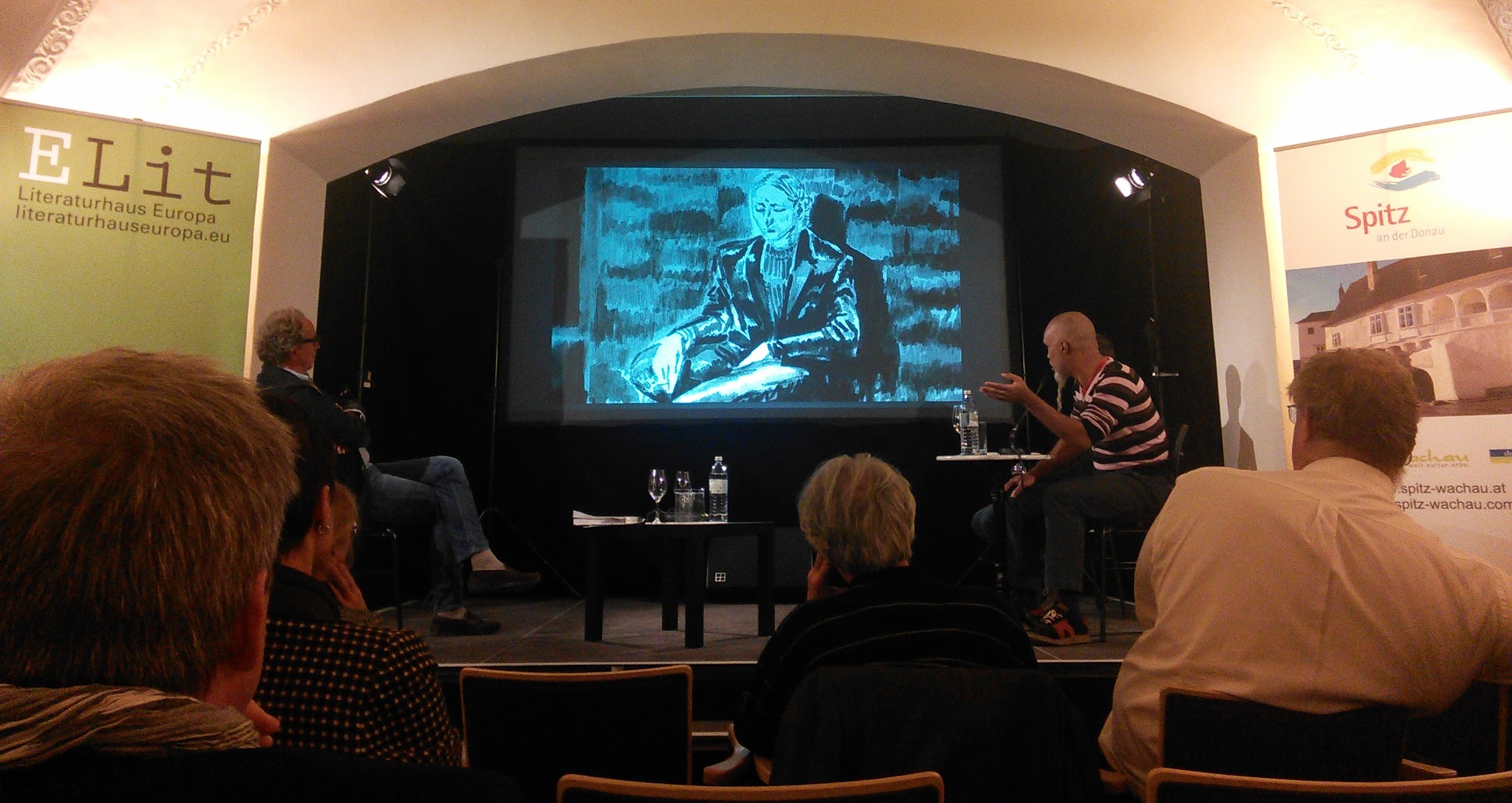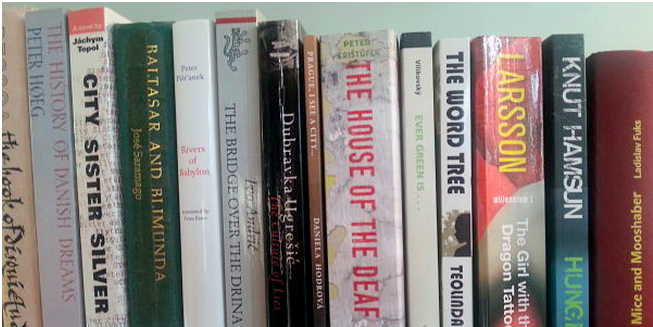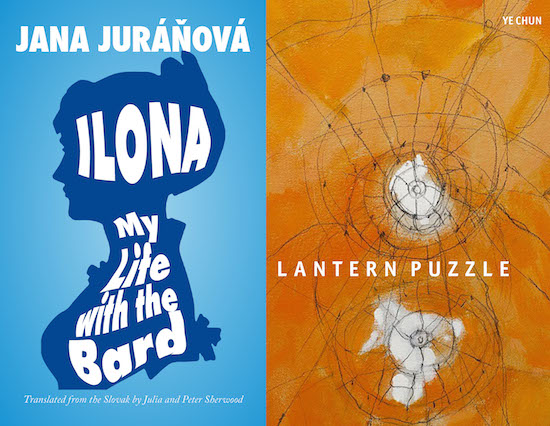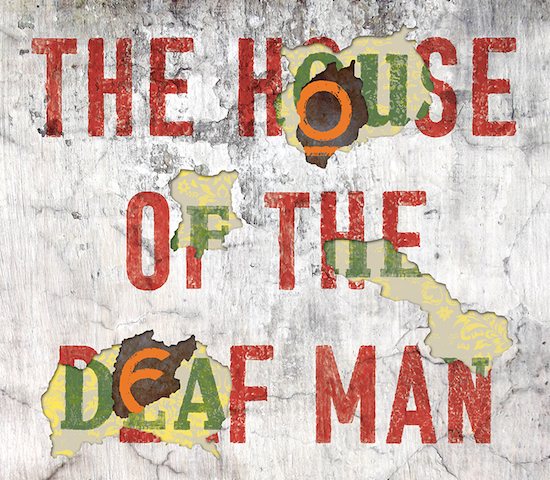Senior Editor (Chinese) Chenxin Jiang spoke on the panel “I’m Not Dead Yet: Translating Living Authors” with Jason Grunebaum, Anna Rosenwong, and Cole Swensen, at AWP in Los Angeles. An excerpt of her translation of Ji Xianlin’s The Cowshed: Memories of the Chinese Cultural Revolution was featured in The Atlantic.
Assistant Editor K. T. Billey‘s translations of Icelandic poet Bragi Ólafsson have been published in Circumference. Her poetry collection “Vulgar Mechanics” is a finalist for Lincoln Center Fordham’s Poets Out Loud publication prize. Her poem “Self-Portrait, Skull & Ornament” has been shortlisted for Arc Magazine‘s Poem of the Year—vote on the Reader’s Choice Awards here! Her poetry will also be featured in the inaugural Brooklyn Poet’s Anthology forthcoming from Brooklyn Arts Press in 2017.
From 30 December to 4 April, Editor-at-Large for Slovakia Julia Sherwood accompanied Polish writer Hubert Klimko-Dobrzaniecki on a US reading tour with his novella Lullaby for a Hanged Man (translated by Julia and Peter Sherwood and published by Calypso Editions in December 2015). The tour included events at the Word bookstore in Brooklyn, Boston University and UNC Chapel Hill. Next week, on April 12, Julia will be speaking at the London Book Fair on a panel entitled “Non-native Translation: Is It Time to Rethink Where Good Translations Come From?”
Also participating in a London Book Fair panel is Editor-in-Chief Lee Yew Leong, who will talk about “Discovering Stories in Turkey, Asia and Africa” on April 13, and then about “The Politics of Translation” at Singapore University of Technology and Design’s Translation Symposium on April 21.
Romania & Moldova Editor-at-Large MARGENTO saw to the publication in Romanian translation of Ryan Mihaly’s interview with Richard Zenith from our October 2015 issue in Asymptote’s new Romanian partner journal, Observator Cultural. Also in Romania, after an informal interview with MARGENTO, poet and editor Violeta Savu published in the literary magazine Ateneu a presentation of Asymptote covering the Romanian writers featured so far in our journal and also reviewing our latest issue, a contribution also made available online on the writer’s blog.
New Executive Assistant Theophilus Kwek’s third collection of poetry, Giving Ground, was launched in Singapore by Ethos Books. His review of Seamus Heaney’s new translation of Aeneid VI was published in the Oxford Culture Review, and three of his poems were featured in Coldnoon, the international journal of travel writing.
Last month, Indonesia Editor-at-Large Tiffany Tsao published an essay on Eka Kurniawan’s novels Man Tiger and Beauty is a Wound in the Sydney Review of Books .

